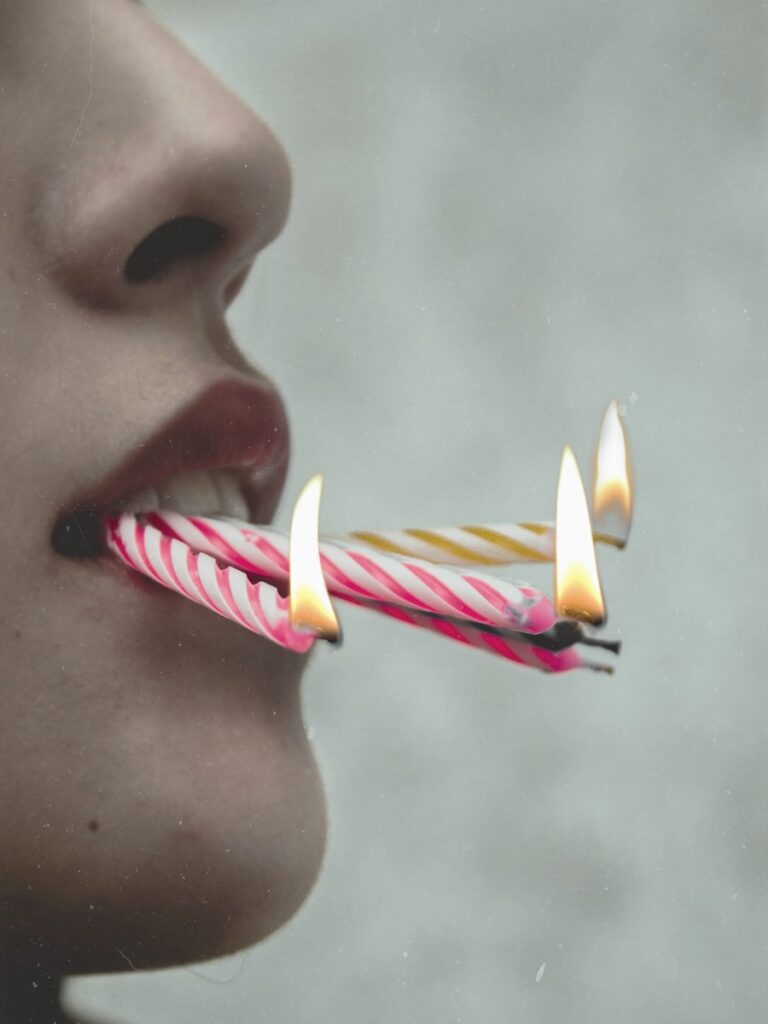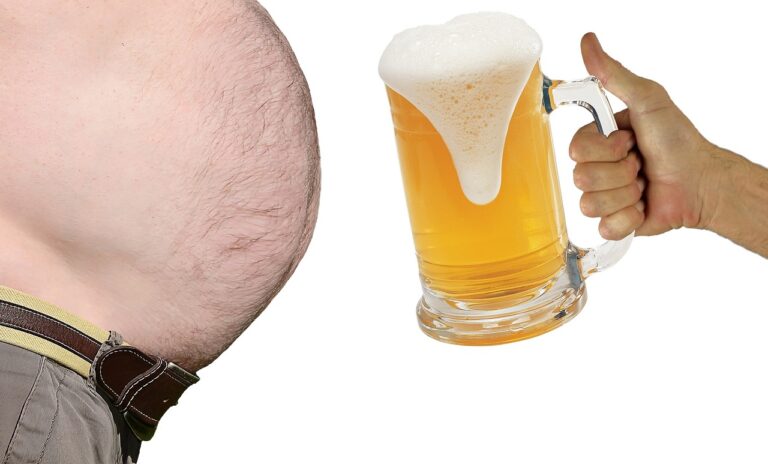The most common bad habits can silently erode your well-being, drain your energy, and derail your goals. If you’re looking to take control of your life and become more intentional, breaking these habits is the first step.
Even though everyone has a few poor routines, you can shift your mindset and reclaim your time, health, and happiness by identifying and replacing these patterns.

1. Procrastination: The Silent Killer of Progress
One of the most common bad habits is procrastination, and it affects nearly everyone at some point. Whether it's putting off work, delaying chores, or avoiding difficult conversations, this habit destroys momentum and reduces productivity.
When you procrastinate, you're not just wasting time—you’re reinforcing the habit of avoidance. Breaking this cycle requires self-awareness, clarity of goals, and consistent action.
Why Do We Procrastinate?
Fear of failure or perfectionism
Lack of motivation or unclear priorities
Overwhelm due to poor time management
Start by breaking tasks into smaller, manageable parts and using techniques like the Pomodoro Method to stay focused.
2. Multitasking: Doing Everything Poorly
Another one of the most common bad habits is multitasking. While it may seem like you're getting more done, studies show it decreases efficiency and increases mental fatigue.
When you constantly switch between tasks, your brain struggles to keep up, resulting in errors and unfinished work. True productivity comes from focused, deep work.
How to Stop Multitasking:
Set specific time blocks for single tasks
Eliminate unnecessary digital notifications
Prioritize quality over quantity
Developing strong focus habits boosts both productivity and personal growth.
3. Nail Biting: More Than Just a Nervous Habit
Nail biting is often dismissed as a minor quirk, but it’s one of the most common bad habits with both physical and psychological implications. It's typically a response to anxiety, stress, or boredom.
Beyond hygiene issues, chronic nail biting can damage teeth and increase the risk of infections. Identifying your emotional triggers is the first step to overcoming it.
Is Nail Biting Linked to Mental Health?
Yes. Nail biting is considered a body-focused repetitive behavior (BFRB) often associated with anxiety disorders or obsessive-compulsive tendencies.
Using fidget tools or stress-relief techniques can help replace the urge with healthier behaviors.
4. Worrying About Things You Can’t Control
One of the most damaging yet most common bad habits is excessive worrying. While concern about the future is natural, persistent worry harms mental health and limits your ability to enjoy the present.
Often, people obsess over hypothetical situations, wasting emotional energy on events that may never happen.
How to Regain Control of Your Thoughts
Practice mindfulness or meditation
Focus on what you can change and let go of the rest
Journal your fears to release mental clutter
Managing worry is essential for emotional control and improving overall well-being.
5. Bad Sleep Habits That Ruin Your Day
Among the most common bad habits, poor sleep hygiene is perhaps the most underestimated. Whether you're staying up too late, scrolling endlessly, or waking at different times each day—your body and brain pay the price.
Irregular sleep patterns disrupt hormone cycles, lower immunity, and reduce your cognitive performance.
Key Tips for Better Sleep Hygiene
Create a consistent bedtime and wake-up routine
Limit screen time an hour before bed
Keep your sleep environment cool, dark, and quiet
Improving your sleep is a high-leverage habit that boosts energy, focus, and resilience.
6. Casual Profanity: Undermining Your Communication
While swearing may feel harmless in informal settings, excessive or casual profanity is one of the most common bad habits that can harm your professional and social relationships.
Over time, this habit can make your communication appear aggressive or unrefined, reducing your credibility in important situations.
Can Swearing Become an Automatic Response?
Absolutely. When profanity becomes habitual, it weakens your emotional regulation. Instead of expressing yourself clearly, you default to raw reaction—often without realizing it.
Replacing swear words with intentional language fosters emotional discipline and stronger interpersonal skills.
Why Are These Bad Habits So Hard to Break?
These most common bad habits persist because they often serve as coping mechanisms. Whether it’s avoiding discomfort or seeking quick relief, the brain clings to familiar routines, even when they’re destructive.
By understanding the reward loop behind each habit, you can begin to replace the cue-routine-reward cycle with healthier alternatives.
How to Break Bad Habits for Good
Breaking bad habits requires more than just willpower. It takes strategy, patience, and consistent effort.
Proven Steps to Change:
Identify Triggers: Know what situations or emotions spark the habit
Create Replacements: Develop healthier actions that meet the same need
Track Progress: Use journals or habit-tracking apps
Celebrate Small Wins: Reinforce the new routine with positive rewards
Personal growth starts with mastering your daily habits—one decision at a time.
Frequently Asked Questions
What are the most common bad habits to avoid?
The most common bad habits include procrastination, multitasking, nail biting, excessive worrying, poor sleep routines, and frequent swearing.
Why is breaking bad habits so difficult?
Because they become automatic over time. They're often linked to emotions or triggers and provide a short-term reward, making them hard to replace.
How long does it take to break a bad habit?
It varies, but on average it takes 21 to 66 days of consistent effort to replace a habit, depending on complexity and repetition.
Can mindfulness help with bad habits?
Yes. Mindfulness builds awareness of your thoughts and actions, helping you interrupt automatic behavior and make intentional choices.
Conclusion: Take Control of Your Habits Starting Now
The most common bad habits may feel like small daily choices, but they can shape the course of your entire life. The good news? Every habit is changeable with awareness, intention, and consistent action.
Start small, track your wins, and remember: long-term transformation begins with the decision to take the first step. Don’t wait—begin breaking bad habits today and build a life aligned with your highest potential.
Lamartine is an experienced researcher who produces evidence-based content focusing on health, wellness, supplements, lifestyle, and utilities. On the website holistichealthpathways.com, he offers objective, research-backed information to help readers make informed choices.



